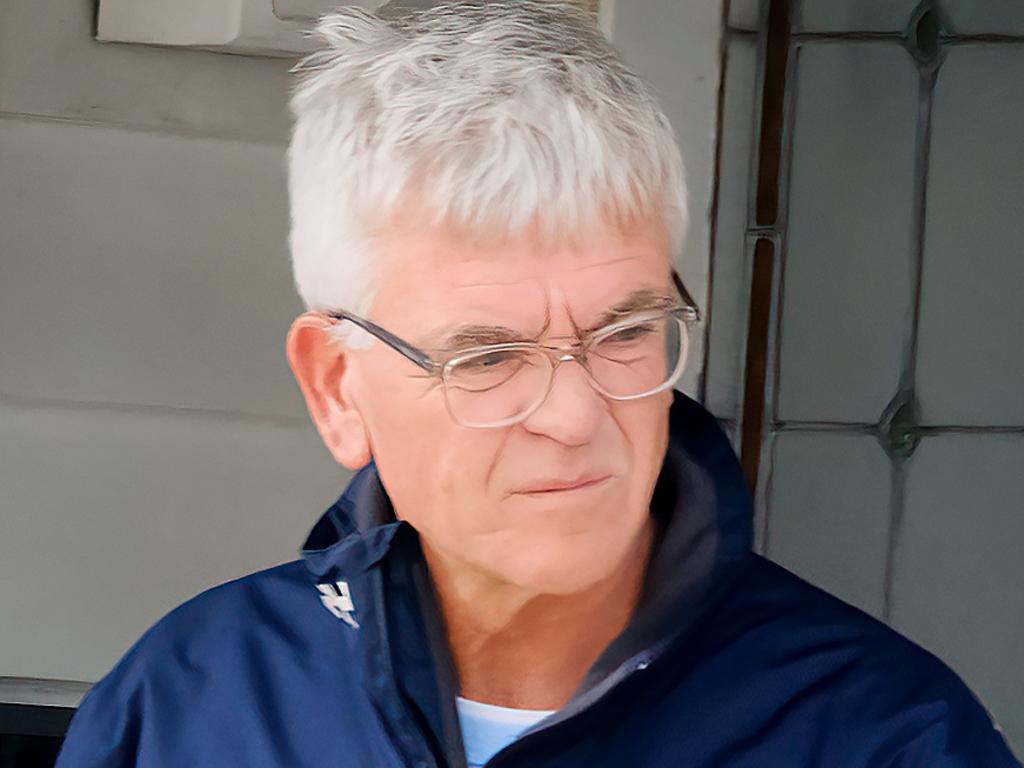PwC global leadership in push to keep tax scandal damage contained in Australia
PwC’s global leadership has maintained control of the Australian firm in a bid to ensure the tax scandal fallout doesn’t contaminate the audit and consulting giant’s Irish, American, or UK arms.
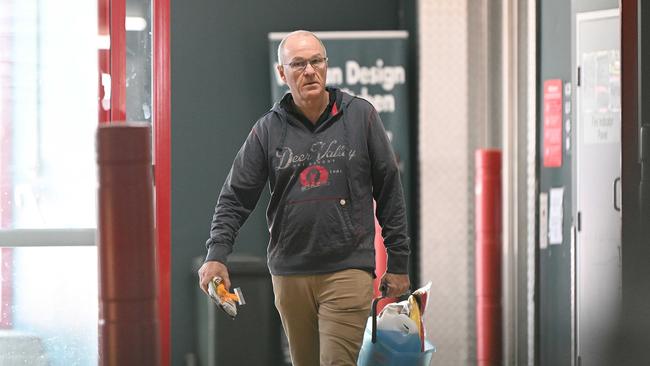
The Americans are still in charge at PwC Australia, despite new local management being installed at the audit and consulting giant, reflecting a desire by the firm’s global leadership to contain the damage.
Many PwC sources have told The Australian the firm’s global management, under global chairman Bob Moritz, are keeping a very close eye on the local firm.
PwC global reputation and risk management managing director Ryan Stanton is running the Australian media strategy from his home in California.
Dianna Weiss, PwC’s global general counsel, has been stationed in Sydney near the firm’s Barangaroo headquarters, another American leader watching over the Australian operation.
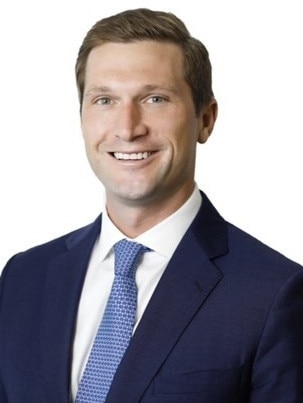
Ms Weiss was one of several Americans flown out in the early days of the crisis gripping PwC Australia, as the global firm sought to get to grips with a disaster that threatened to unravel tax deals struck by various arms of the sprawling global consulting and audit giant.
Alongside Ms Weiss and Mr Stanton, PwC tax and legal leader Carol Stubbings as well as Coenraad Richardson joined the delegation to take on the Australian operation.
All this came amid a threat that PwC international could strip the local firm of its rights to bear the PwC banner if the local firm failed to address the anger and reputational risk from the tax leaks scandal.
PwC Australia has been under siege in the past six months as the firm’s reputation and senior leadership were eroded.
Tom Seymour, the local chief executive, has been consigned to history after being forced out of the top job at the firm. At the time it was pitched as a decision made in concordance with PwC’s board, but many now see it as a sign of PwC Global’s influence.
PwC’s former chairman, Peter van Dongen, is also out from the firm he served for almost 40 years, joining a throng of former board members and heavy hitters facing the scrap heap, with their retirement benefits in tatters.
The turmoil at the top was sparked by a two-year ban meted out to PwC’s former head of international tax, Peter Collins, who was found to have misused confidential government tax briefings.
Mr Collins was banned by the Tax Practitioners Board, which was alerted by the Australian Taxation Office.
However, the ban did not mark the beginning of crisis at the firm, with Mr Collins offering to surrender his tax registration ahead of the TPB’s decision, in an attempt to avoid formal findings.
The ban, which took place in October but was not revealed until January this year, came almost two years after top figures at PwC were formally tipped off about the tax leaks.
Documents handed over to parliament by the TPB reveal PwC was notified in March 2021 it was facing an investigation over the tax leaks, two months after Mr Collins was first notified he was the subject of a probe.
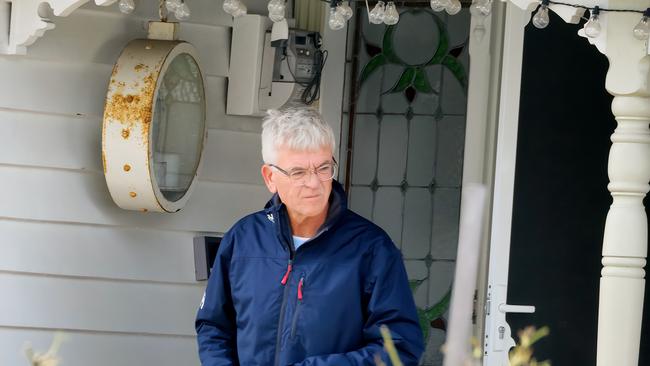
But PwC insiders have pointed the finger at the firm’s leadership for knowing about the efforts of Mr Collins and his colleagues in the tax practice, including “Rover” Neil Fuller who touted the new tax plans to companies in North America.
PwC used its early access to Australian government tax plans to sell new schemes to US tech companies including Google and Uber, as they faced the looming introduction of the Tax Integrity Multinational Anti-Avoidance Law in 2016. PwC sources have told The Australian that the selling of new tax schemes to PwC’s biggest tech clients was unlikely to have gone unnoticed or unapproved by American leadership.
In addition, these new tax structures, which relied on using Irish-domiciled partnership structures, required the assistance of Irish and British PwC partners.
The ATO knows this and the names of the international partners, having trawled through PwC emails showing the firm’s international partners poring over the leaked tax briefings supplied by Mr Collins.
“Did you intend to attach the confidential document?
“Fully understand your position on that, by the way, and if you mean just keeping it quiet that you’ve got it at all and awaiting your comments on it, that’s fine,” one London-based PwC partner told Mr Collins in an email.
On top of the respective tax partners running assistance for PwC in Britain, Ireland, and the US, the operation to flog tax advice to a number of these companies required the assistance of client partners, the PwC partners who sit closest to their best customers and sign off on work.
The ATO is understandably curious as to how all this took place under the noses of PwC’s global management.
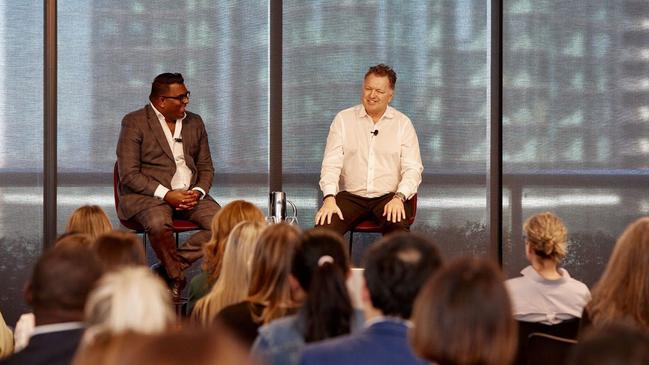
At the time it took place Mr Moritz, now the global chair, was chair of PwC USA, which he ran from 2009 to 2016.
While Mr Collins has been the only PwC partner to formally face consequences for the tax leaks, which the ATO suggests may have allowed companies to dodge as much as $180m in taxes a year, more names have been listed in the back rooms of regulators.
ATO second commissioner Jeremy Hirschhorn said the tax office had given the names of several partners to the TPB to investigate in December 2019, over dodgy legal professional privilege claims.
“Most of these concerns were about engagements artificially documented as legal engagements, when they actually were not, and then claiming LPP (legal professional privilege) to frustrate ATO investigations,” he told The Australian.
“As an administrator, our major concern is with artificial or aggressive ideas that are commercialised and proliferate across the tax system.”
But all signs seem to indicate PwC’s international partners with connections to the Australian tax leaks are set to avoid the same level of scrutiny as that applied to their Australian colleagues.
Speaking recently in a partners call, PwC Australia’s new CEO Kevin Burrowes said a report into the international links was likely to find “virtually no one” had been found to have done “any wrongdoing … outside of Australia”. Mr Burrowes, who replaced Kristin Stubbins after she failed to contain the outrage in the wake of Mr Seymour’s resignation, has been frantically trying to put out fires around PwC.
This includes lining up meetings with top media editors and politicians, as well as touring the offices of PwC in Australia.
However, he annoyed some partners after taking a holiday in the Maldives after calling the executive partners of PwC to a meeting in Sydney.
Mr Burrowes told partners an investigation by law firm Linklaters was “going to give us a reasonably clean bill of health about the actions of partners overseas”.
PwC has pledged to release the findings of a review of the firm’s governance being prepared by corporate veteran Ziggy Switkowski.
He has handed his draft findings to a select number of the firm’s leaders.
But the Linklaters report, with the real findings of fact, is likely never to see the light of day.
Greens senator Barbara Pocock, a key critic of PwC over the tax scandal, said the firm’s leadership “are really in denial about the wrongdoing that has clearly occurred”. “When I heard that Kevin Burrows is predicting a clean bill of health for PwC’s overseas partners, following an investigation by Linklaters international law firm, I thought ‘we’re back where we started’,” she told The Australian.
Senator Pocock said PwC should release the full report from Linklaters in an unredacted form.
“We also need to see its terms of reference, especially in light of the Switkowski report which did not investigate the tax scandal at all, despite widespread expectation that it would,” she said.
“If PwC is going to claim innocence for all of the international partners involved in the scandal, at least show us the evidence for this.”




